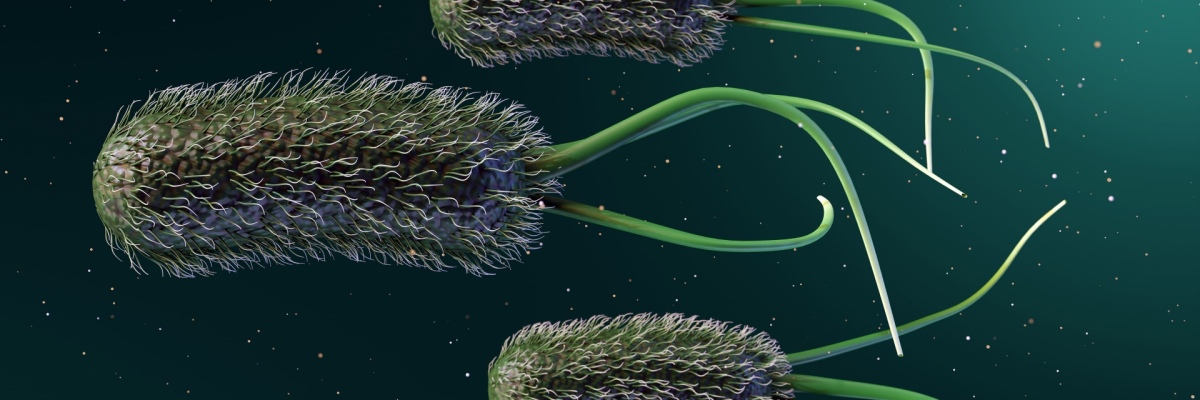Researchers have discovered that bacteria can be used to convert plastic waste into medical drugs, such as painkillers. This creates additional opportunities for more sustainable production of such medications. The most striking example is paracetamol.
Chemists have found that Escherichia coli bacteria are suitable for producing paracetamol in laboratory conditions. These bacteria typically accumulate on plastic bottles.
"People don’t currently realize that paracetamol is derived from petroleum," said Professor Stephen Wallace of the University of Edinburgh. Producing pharmaceuticals from plastic waste would make this process much more environmentally friendly.
The research by Wallace and his colleagues was published in the journal Nature Chemistry. The scientists made this discovery by recycling polyethylene terephthalate—a type of plastic commonly used in the production of bottles, packaging, textile fibers, and other products. The research team incubated this material with a harmless strain of E. coli and found that it transformed into a substance called PABA, also known as para-aminobenzoic acid. This demonstrates that plastic waste can indeed be converted into biological materials.
The researchers then further modified E. coli by adding two additional genes, which enabled the transformation of the resulting PABA into paracetamol. Interestingly, this entire process took less than 24 hours.
Of course, further testing is required before painkillers can be produced this way on a commercial scale, but the results are highly promising.
Share this with your friends!





Be the first to comment
Please log in to comment